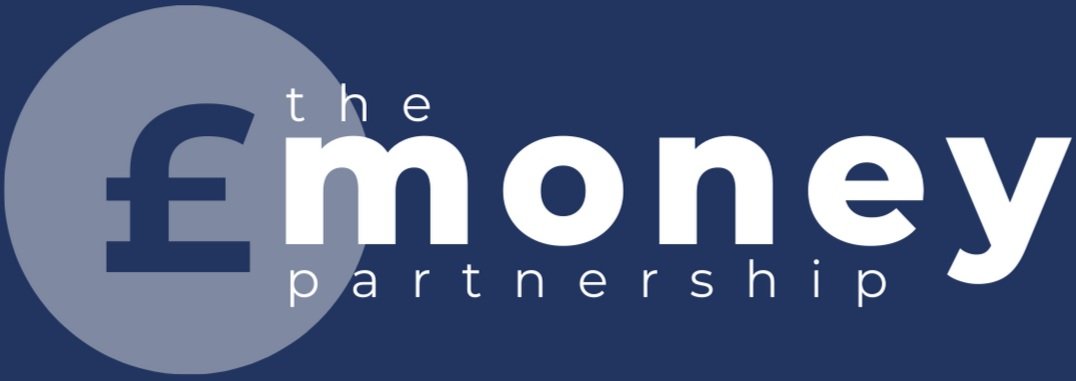Common financial mistakes to avoid
Quite often, people make financial decisions and don’t realise what implications they may have in the future. Mistakes occur when we act without thinking, we are wrongly influenced, or we just don’t know what the right thing is to do. Below we’ve pointed out some common mistakes that can put people in a poor financial position. Hopefully, it can help you to make smarter, more well-informed decisions in the future.
Common financial mistakes
Taking out a loan to pay for a loan
Lending money to people
Buy now, pay later (If you can afford it now, pay in full!)
Changing jobs while you’re applying for a mortgage
Forgetting or failing to pay a bill
Spending needlessly using a credit card
Not checking your bank account
Buying a brand-new car
Staying loyal to expensive utility providers
Big financial mistakes
Scrapping your insurance policies - Most of us have paid a little more attention to our outgoings with the cost of living rising, perhaps ending a few subscriptions and cutting down on nonessential spending. Insurance policies like life insurance or critical illness cover that offer long-term benefits, are not something you should consider ditching. Not only will they be more expensive if you want to set them back up in the future, but you are taking a gamble having no protection. If you became ill, injured or passed away, your family no longer has a financial safety net.
Reducing pension contributions – In times like this, it can be easy to forget about our future priorities, for example, our retirement income. Though it might be easy enough to lower your contributions, if you can afford to keep them the same, then do it. The longer your money is invested, the more time it has to grow. Who gets to retirement wishing they’d saved less!?
Extending your mortgage term – It may sound attractive because you can lower the monthly repayments. However, you will end up paying more in interest in the long run. As a temporary solution, if you are really struggling to pay your bills each month, communicate with your lender to see if they can offer support by offering a payment holiday for a month or two.
Not investing – Too often people let their money sit in the bank doing nothing. It may seem like the safest thing to do. But, as time goes on, especially with the current rate of inflation, your money is devaluing as time goes on and you’re losing buying power. There are many ways to invest, all of which you can get impartial advice on what’s best for you and your attitude to risk. Doing something is better than doing nothing.
Not having a plan – Your future depends on the decisions you are making right now. Prioritising your personal finances – creating a budget plan, financial goals, seeking advice, and implementing later life plans – will certainly be worth your while.
Life has thrown us one too many curve balls over the past few years and we still can’t be sure what’s around the corner.
But, try focussing your energy on the things you can control. Specifically with your finances, put time and thought into making any big decisions and, if necessary, seek advice to ensure you consider your current and future circumstances.

